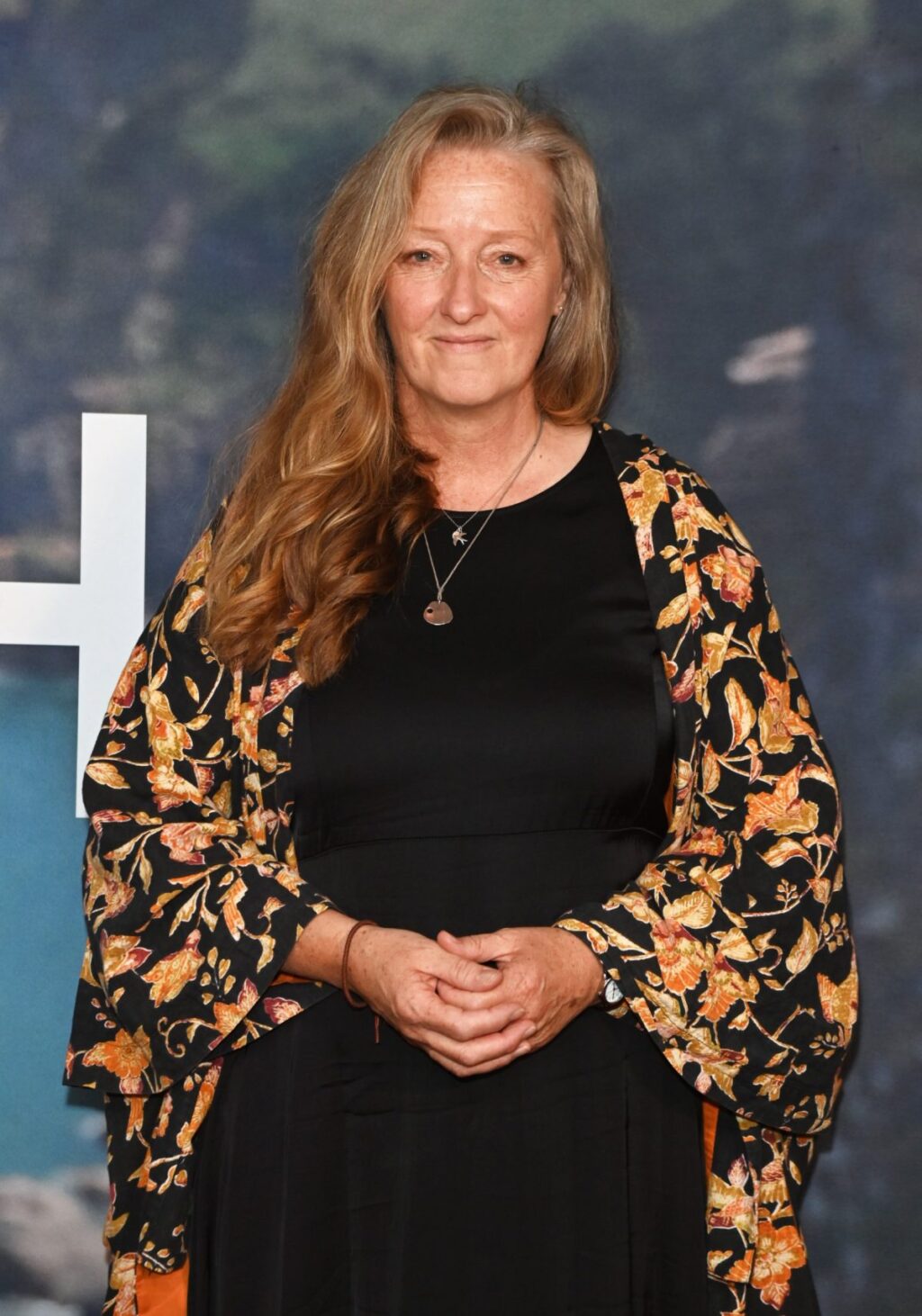Halfway through The Salt Path, a memoir that intertwines themes of homelessness and redemption through nature, the narrator encounters a wine merchant named “Grant.” Grant claims to have traversed Europe, living on his wits, and eventually learning the wine trade to establish a successful business. However, this story is revealed to be a fabrication, much like his belief that the protagonists of The Salt Path are the poet Simon Armitage and his wife, incognito on a coastal journey.
The narrative, penned by Raynor Winn, has captivated readers since its 2018 release, selling over two million copies. It chronicles how Winn and her husband, Moth, supposedly lost their home and found solace and healing by hiking the South West Coast Path. This journey, Winn claims, reversed Moth’s incurable illness, corticobasal degeneration (CBD).
The Observer’s Investigation
This weekend, The Observer published a report challenging Winn’s account. The investigation alleges that Winn’s financial troubles began with a theft of £64,000 from her employer and that she owned land in France during her supposed homelessness. Furthermore, medical literature does not support her claims about CBD.
“Today’s Observer article is highly misleading. We are taking legal advice and won’t be making any further comment at this time,” stated Winn’s agents.
While the statement does not directly refute the allegations, it underscores Winn’s commitment to her narrative of a transformative journey with her husband. There is no dispute that they walked the South West Coast Path after losing their home.
The Power of Narrative
Winn’s story resonates with readers, partly because it aligns with the left-liberal values prevalent in publishing. Early in the book, Winn describes being a victim of legal aid cuts, which forced her to represent herself in court, leading to the loss of her home. This narrative taps into the broader societal fears of homelessness and economic insecurity.
According to writer Sophie Heawood, memoirs often offer simplified self-help lessons. In a recent Substack post, Heawood cautioned against memoirists who provide “clear redemptive arcs,” noting that real life is often more complex.
“Be wary of a memoirist giving you exactly what you want,” Heawood writes.
Historical Parallels and Public Reception
The success of The Salt Path can be compared to the story of Captain Tom, whose fundraising walks during the COVID-19 pandemic became a symbol of resilience. Both narratives emerged during times of societal uncertainty—Captain Tom during a health crisis and The Salt Path amid the economic instability of Brexit and the Trump administration.
These stories tap into deep-seated fears and desires for redemption and resilience. They offer a sense of control and hope in the face of adversity, which is particularly appealing during uncertain times.
The Ethical Dilemma of Memoir
While memoirs are inherently subjective, they cross an ethical line when they misrepresent facts. If Winn’s narrative has given false hope to those suffering from CBD, it raises serious ethical concerns. Memoirists should be granted creative freedom, but their stories must be grounded in truth.
As society grapples with issues of truth and fiction in storytelling, The Salt Path serves as a reminder of the power and responsibility that come with crafting narratives. The public’s willingness to embrace such stories reflects broader societal insecurities and the human desire for narratives of hope and redemption.
 Starmer Defends Reeves Amid Emotional Commons Moment and Market Jitters
Starmer Defends Reeves Amid Emotional Commons Moment and Market Jitters Rachel Reeves: Tears and Turning Points for the UK Chancellor
Rachel Reeves: Tears and Turning Points for the UK Chancellor Portsmouth Pupils Experience Classical Music with Playground Proms
Portsmouth Pupils Experience Classical Music with Playground Proms Elaine C Smith Stars in Paul Black’s New Short Film “Govan Fair Queen”
Elaine C Smith Stars in Paul Black’s New Short Film “Govan Fair Queen” Rachel Reeves Addresses Emotional Moment in Commons, Affirms Commitment as Chancellor
Rachel Reeves Addresses Emotional Moment in Commons, Affirms Commitment as Chancellor